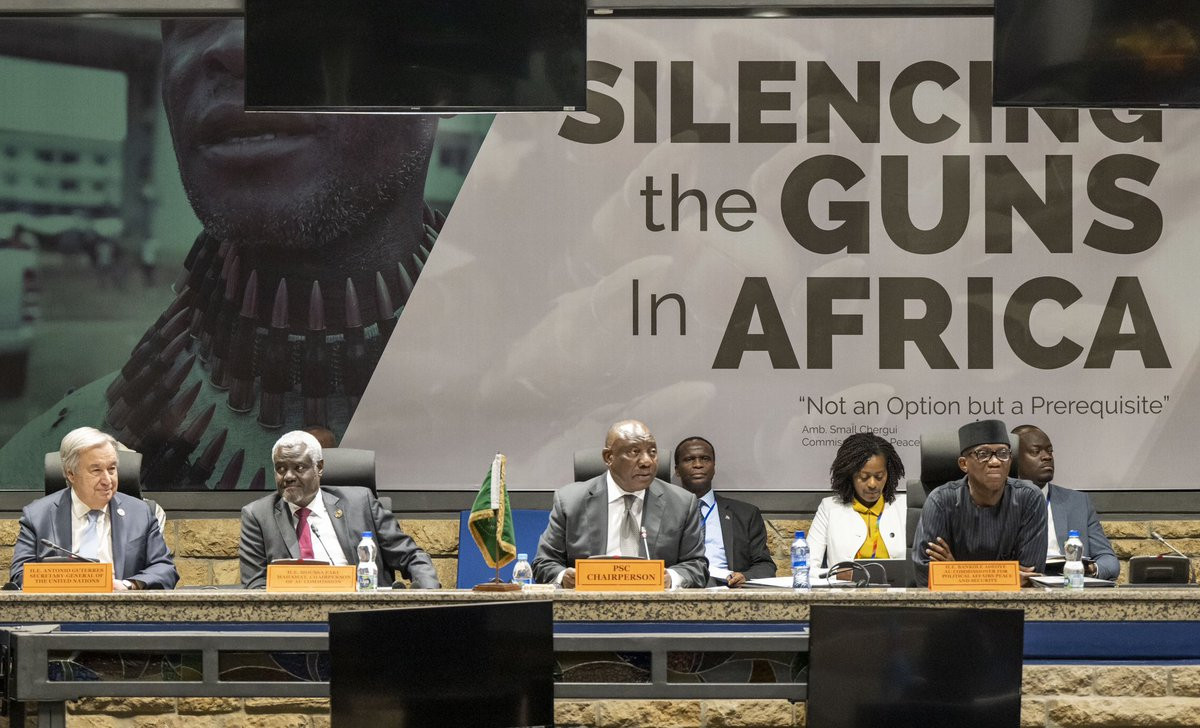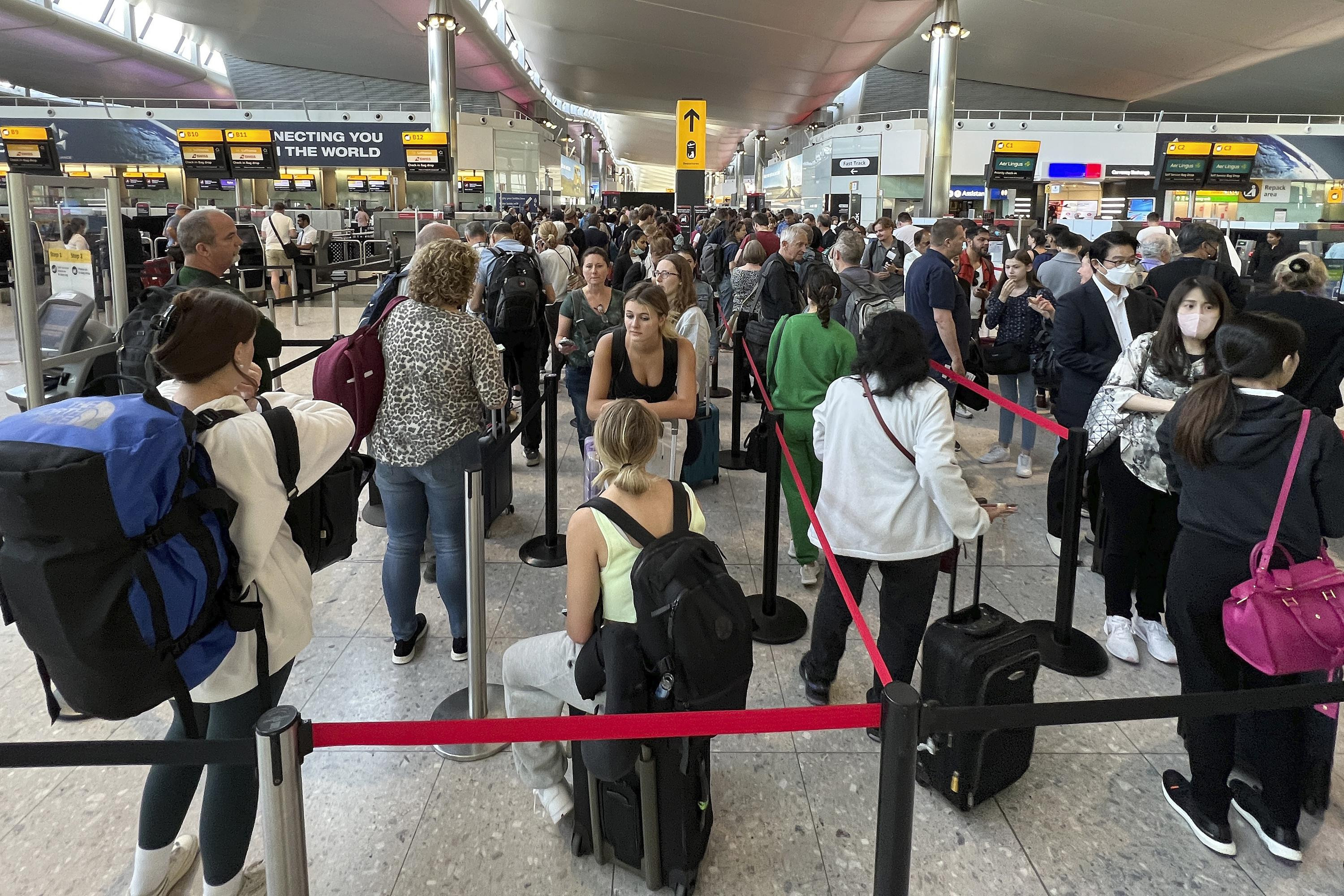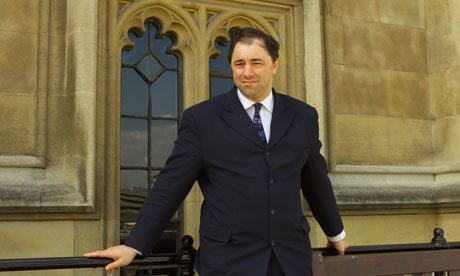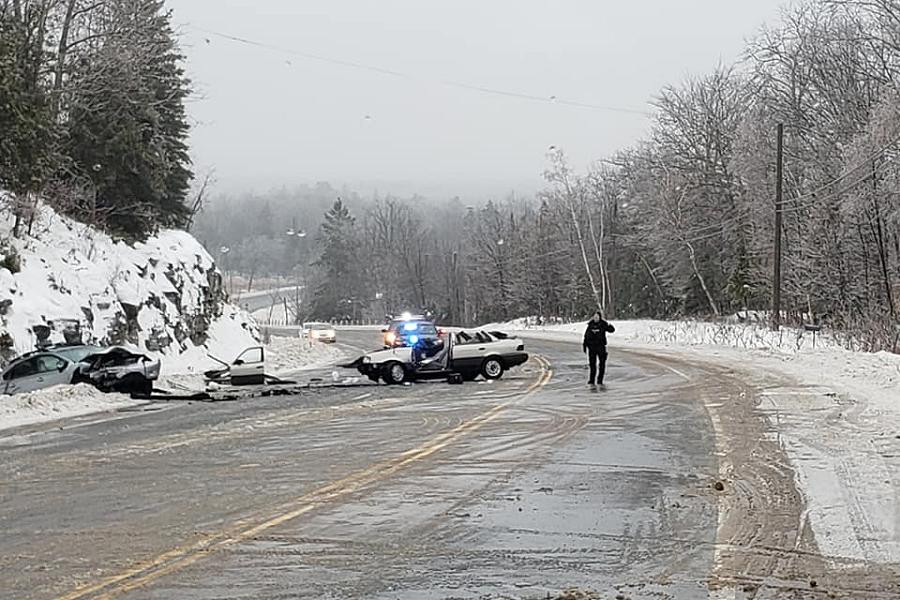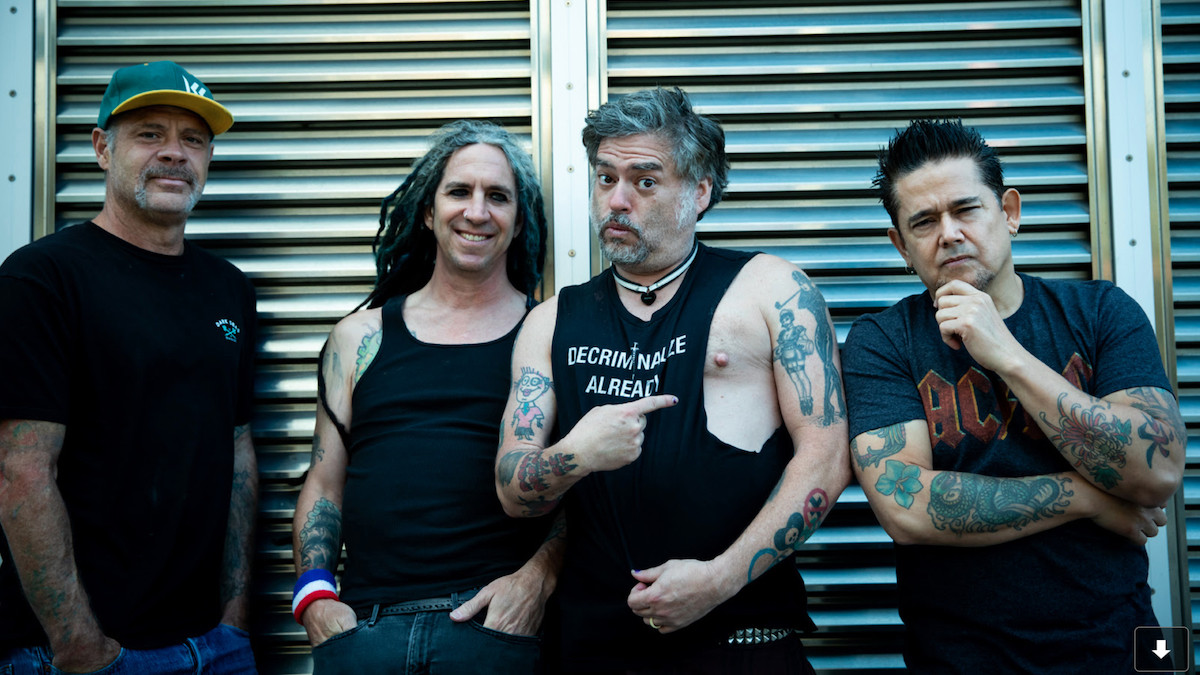After an October of historic results, Barça will be hoping to continue their incredible form into November, with a month featuring the local derby, the visit of one of Europe's surprise packages, and trips to Belgrade, Vigo and San Sebastian.
Just three days later on November 5 the European adventure continues with the first visit to Red Star Belgrade this century (9pm CET). And then it's back to La Liga on November 10 with a trip to currently 12th placed Real Sociedad (9pm CET).
After that, from November 11 to 19, the bulk of the players will be off representing their countries for the last time in 2024. There are UEFA Nations League games for the Europeans, and World Cup qualifiers in South America.
It won't be until November 23 that Barça have another game, and that's a trip to Celta Vigo (9pm CET).
Then the month ends with the second of just two games at the Estadi Olímpic this month, and it's a first ever meeting with French side Brest (9pm CET).
November: A Month of Action for AU Peace and Security
The Democratic Republic of Congo (DRC) assumes the chairmanship of the African Union (AU) Peace and Security Council (PSC) in November 2024. This is the first time the DRC will lead the AU’s highest standing peace and security policymaking organ. The provisional program of work (PPoW) for the month outlines a robust agenda, encompassing seven substantive sessions, including one seminar held in Kinshasa, DRC. The PPoW also includes the 16th PSC retreat on the review of its working methods from 5 to 6 November in Djibouti and the 15th consultative meeting with the European Union’s Peace and Security Committee.
Youth, Peace, and Security: A Focus on Implementation
On November 1, the PSC kicks off the month with its customary annual thematic session dedicated to youth, peace, and security. This year marks the fifth anniversary of this agenda as a standing item in the PSC’s indicative annual program of work. The previous session highlighted the need for the AU Commission to conduct a comprehensive assessment of implementing the continental framework for youth peace and security, identifying challenges and providing recommendations for the way forward. The session may present an opportunity for the council to follow up on progress made in undertaking the assessment of the framework. The appointment of new cohorts of AU Youth Ambassadors for Peace (AYAPs) and the first cohort of the AU network of African Youth on conflict prevention and mediation, WiseYouth representing the five regions of Africa, may also be a point of discussion.
Mediation Efforts in Africa: Challenges and Lessons Learned
The PSC will dedicate its second session on November 11 to the theme of “Challenges and Lessons Learned in Strengthening Mediation Efforts to Resolve Conflicts in Africa.” Mediation is a crucial tool in the AU’s peace and security toolbox for peacemaking after conflict eruptions. Over the past two decades, the AU has deployed on its own or in coordination with Regional Economic Communities/Regional Mechanisms (RECs/RMs) and the UN from Liberia and Sierra Leone in West Africa to Burundi in the Great Lakes and is still engaged in mediation efforts in various settings.
The session will examine challenges and lessons learned from these various mediation processes, exploring the following areas:
-
Lack of Mediation Strategy: Examining the effectiveness of existing strategies and identifying areas for improvement.
-
Technical Infrastructure: Evaluating the adequacy of technical infrastructure for effective mediation, including data analysis and resource management.
-
Conflict Analysis: Assessing the strength of conflict analysis in informing mediation efforts.
-
Mediator Skills: Evaluating the skills and temperament of mediators in establishing trust and achieving consensus.
-
Changing Nature of Conflicts: Exploring how the surge of terrorist groups and geopolitical tensions affect mediation efforts.
The session will also address why AU is not deploying, or is late in deploying, mediation in some conflict situations, especially those involving member states. The aim is to outline how to strengthen and upscale the effectiveness of mediation in response to the increasing number of conflicts on the continent.
Strengthening the AU’s Sanctions Regime: Learning from the UN
The PSC’s session on November 15, titled “Comparative Review of the Functioning of the UNSC Sanctions Committee and PSC Sanctions Sub-committee,” highlights another vital tool in the AU’s peace and security toolbox. This session examines the AU’s existing norms on sanctions and its experience in using investigations and sanctions to punish states that violate AU member states’ community norms. The session also seeks to learn from the UN’s best practices regarding the process of investigating and determining violations, imposing sanctions, and monitoring and enforcing those sanctions. The goal is to adapt processes and mechanisms to the needs and realities of the AU.
DDR and PCRD Programmes: Challenges and Way Forward
On November 19, the PSC will convene a session on the theme of “Implementation of the DDR and PCRD Programmes for the Consolidation of Peace, Security, and Socio-Economic Activities: Challenges and Way Forward.” The session examines the challenges and successes of implementing DDR and peacebuilding processes across various African settings, including Liberia, Sierra Leone, Burundi, the Central African Republic, DRC, and South Sudan. The session will focus on the following questions:
-
How to move beyond ceasefire agreements and peace agreements with a security component to advance implementation of DDR and PCRD measures to prevent the relapse of post-conflict countries back into conflict.
-
The role of the AU’s PCRD policy and lessons learned from the AU’s experience in initiating and implementing PCRD programmes.
AU-EU Joint Consultative Meeting: Building Consensus
The PSC will hold its 15th annual joint consultative meeting with the EU PSC on November 22 in Addis Ababa, Ethiopia. In recent years, the two councils have struggled to adopt a joint communiqué reflecting their deliberations due to disagreements, particularly surrounding the war in Ukraine. While EU member states strongly feel about the conflict, AU member states lack a common position to enable the PSC to adopt any measures against Russia’s invasion. The meeting is an opportunity to address shared interests in peace and security matters, including the Sahel, the Horn of Africa, and the Democratic Republic of the Congo.
Enhancing Mechanisms for Curbing Illegal Exploitation of Natural Resources
The PSC will hold a discussion on November 28 on enhancing mechanisms for curbing illegal exploitation of natural resources by armed and terrorist groups in Africa. Building on the language agreed to in the joint communiqué of the 18th annual consultative meeting between the AU PSC and the UNSC, the session focuses on the role of natural resource exploitation in conflicts across the continent, including the Sahel, Sudan, DRC, and Mozambique. The session will aim to:
-
Identify how the extraction of minerals and other natural resources is used for financing conflicts.
-
Examine the channels used for illicit trade in such resources.
-
Uncover the web of actors involved in creating a war economy centred on natural resources.
Reflecting on the PSC Mandate: A Commitment to AU Principles
The final session of the month, on November 28, will be held at the ministerial level. Titled “Discussion on Experiences and Lessons Learned in the Implementation of the PSC Mandate in Line with the AU Constitutive Act and PSC Protocol,” the session will reflect on the PSC's mandate and assess whether and why the PSC and the AU struggle to engage in tensions between AU member states and uphold the AU’s fundamental principles. The goal is to ensure the council and member states recommit to the key principles outlined in the AU Constitutive Act and the PSC Protocol.
A Busy Month for the AU PSC: A Path Towards Peace and Security
The DRC’s chairmanship of the PSC in November is a significant opportunity for the AU to address pressing peace and security challenges across the continent. With a focus on the effectiveness of various AU tools and structures, the PSC aims to strengthen conflict prevention, management, and resolution mechanisms, ultimately contributing to a more peaceful and secure Africa.




